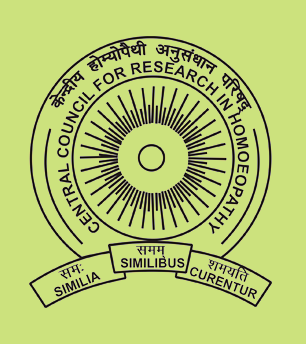Indian Journal of Research in Homoeopathy
Keywords
Drug validation, Evidence-based medicine, Homoeopathy, Prognosis research, Randomized controlled trials
Article Type
Discussion
Abstract
Background: There are diverging opinions about scientific evidence for Homoeopathy, but evidence for conventional medicine is not perfect either. In fact, proof for Homoeopathy is not inferior to conventional. However, the evidence for Homoeopathy has been downplayed by selection of trials (cherry-picking). The effect of Homoeopathy in randomized controlled trials (RCTs), however, is small due to many ineffective prescriptions. This is caused by shortcomings of our Materia Medica and Repertories. Discussion: The hegemony of the RCT is increasingly questioned; it does not provide all answers, especially not for the individual patient. The individual patient wants to know his individual prognosis: Will this medicine work for him? This is even more important than his individual diagnosis. It is possible to assess prognosis scientifically the same way as diagnosis. Prognostic research is based on daily practice; practitioners should have knowledge about statistics to fulfill their role in this process. Conclusion: The discussion in this paper elucidates that RCT has its limitations, especially for the patient whose main concern is recovery/prognosis. Drug validation is a key to improve the outcome of clinical practice in Homoeopathy.
Digital Object Identifier
10.4103/0974-7168.179146
Publisher
Wolters Kluwer India Pvt. Ltd.
How to cite this article
Rutten L, Manchanda R. Homoeopathy: Discussion on scientific validation. Indian J Res Homoeopathy 2016;10:66-74. doi: 10.4103/0974-7168.179146


